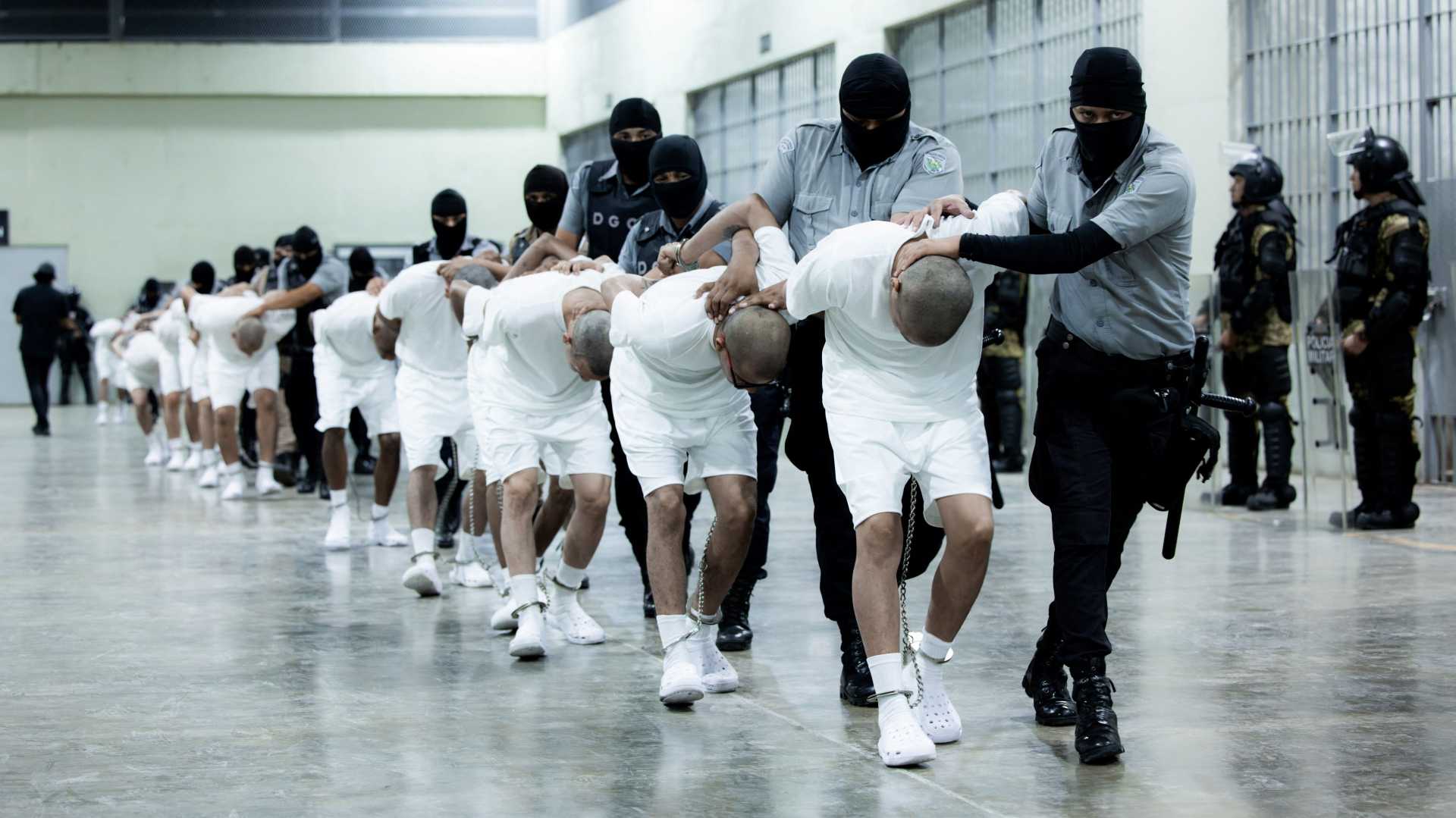News
Federal Judges Block Deportations of Venezuelans Amid Legal Challenges

NEW YORK, April 9, 2025 — Federal judges in New York and Texas issued orders Wednesday to temporarily halt the deportation of Venezuelan plaintiffs in a lawsuit against the Trump administration’s use of the Alien Enemies Act, which allows the government to deport individuals without due process.
The rulings came in response to emergency lawsuits filed by the American Civil Liberties Union (ACLU) following a Supreme Court decision that reinstated some deportation powers while mandating that individuals targeted under the act must be given the chance to contest their removal.
In Texas, Southern District Judge Fernando Rodriguez Jr., a Trump appointee, barred the government from removing or relocating the plaintiffs from the El Valle Detention Facility, stating, “To prevent immediate and irreparable injury, the court finds that any removal by the United States could result in individuals losing the opportunity to seek habeas relief.”
The plaintiffs in the Texas case, identified only by initials to protect their privacy, are described as Venezuelan men in immigration custody facing imminent removal. One of the petitioners, J.A.V., has been held at the facility and was reportedly set for removal on March 15. His attorneys assert that he sought asylum upon entering the U.S. due to threats from the Tren de Aragua gang related to his sexual orientation and political views.
“J.A.V. is at risk of harm and mistreatment should he be returned to Venezuela, where he faces violence predominantly from criminal organizations,” his legal team stated in court documents.
In New York, Judge Alvin Hellerstein, appointed by Bill Clinton, similarly issued a temporary restraining order preventing the deportation of Venezuelan migrants within his jurisdiction, emphasizing their right to “appropriate notice and an opportunity to challenge” removal proceedings.
Both cases highlight escalating concerns regarding the use of the Alien Enemies Act of 1798, a law last invoked during major conflicts. Critics argue that the Trump administration’s classification of Venezuelan migrants as gang members is not only unjust but unconstitutional, as the U.S. is currently not at war with Venezuela.
The judges’ decisions come after the Supreme Court ruled that migrants facing deportation should receive proper notice, a procedure the government failed to implement adequately in previous cases. Over 230 migrants were reported sent to El Salvador without such legal protections, raising public outcry and legal challenges.
“It has become apparent that these practices not only jeopardize the lives of these individuals but contravene their rights as asylum seekers,” noted an ACLU representative. “We will pursue every legal avenue necessary to ensure these individuals are afforded due process under U.S. law.”
As legal proceedings continue, the latest court orders will remain effective until at least April 23, with hearings scheduled to determine the next steps for the affected individuals.
The legal battles not only reflect the complexities of immigration policy but shine a light on the vulnerabilities faced by Venezuelans fleeing violence and persecution. With the spotlight now on these cases, further developments are expected as courts navigate the intersection of law, human rights, and national security.












